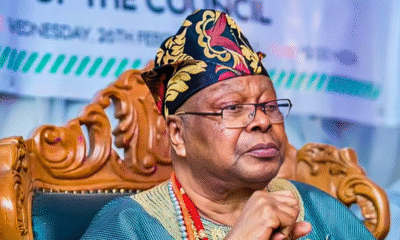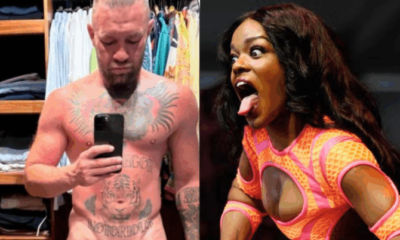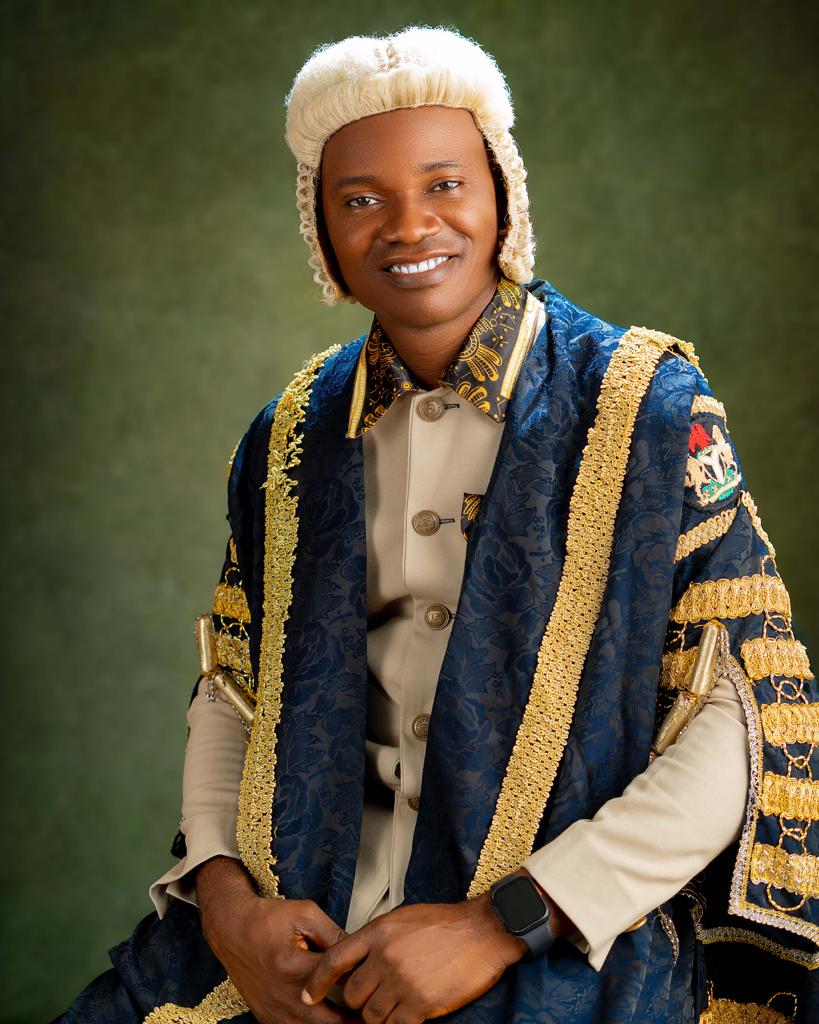EDITORIAL
Very Dark Black Man” and the Erosion of Artistic Ethics in Nollywood
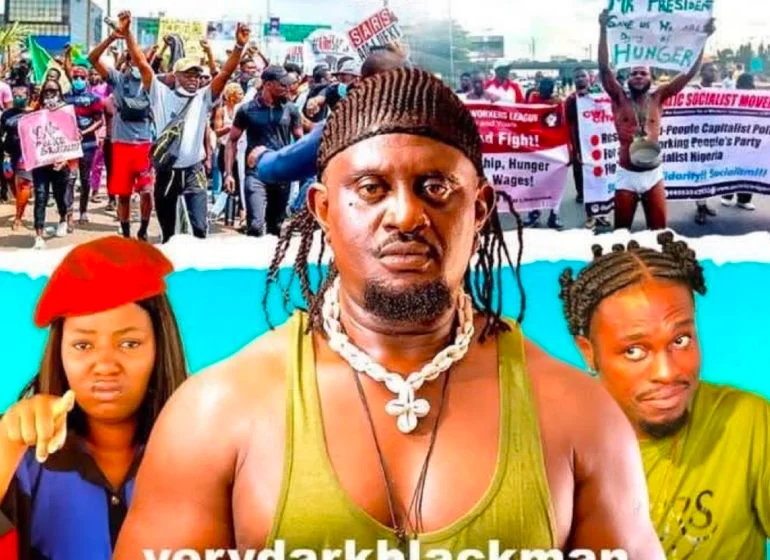
In the ever-evolving ecosystem of Nigerian cinema, where creative voices struggle to balance entertainment with responsibility, few films have so aggressively betrayed that balance as Very Dark Black Man—a recent release by Rockcelly Films Ltd., executive-produced by Anaele Ugochukwu Dominic and headlined by veteran action actor, Gentle Jack.
This is not a review in the traditional sense. There is little to be said about cinematography, plot structure, or artistic vision—largely because the film demonstrates none. Very Dark Black Man is not just a poorly executed production; it is a symptom of a deeper malaise now creeping into Nollywood’s bloodstream: a culture of reckless defamation masquerading as storytelling.
From the opening credits, it becomes painfully clear that this film is not a work of fiction but a personal attack. Real-life individuals, including the widely known actress and activist Iyabo Ojo, and controversial social media personality Martin Otse, better known as VeryDarkMan, are not simply alluded to—they are named. Their identities are used wholesale, stripped of any narrative transformation, and placed directly into a fictional world that distorts, ridicules, and demonizes them.
This is no clever satire, nor even flawed social commentary. It is libel, projected in HD and sold to audiences under the label of cinema.
Not Just Fiction Gone Too Far—But a Legal and Moral Abyss
One of the most disturbing elements of Very Dark Black Man is the ease with which the producers conflate artistic license with personal vendetta. In a country where the boundaries of media law are still under-tested, this film dances dangerously close to actionable defamation. In most jurisdictions with robust creative and legal frameworks, a film like this would have triggered multiple lawsuits before the trailer ever dropped.
In fact, under Nigerian law—specifically the Tort of Defamation—public dissemination of false and damaging portrayals of real individuals without consent can lead to serious legal consequences. That Iyabo Ojo and VeryDarkMan are public figures does not strip them of their right to reputation. To invoke their names in a fictional work that paints them in damaging light, with no clear disclaimer or parody defense, is not protected expression. It is weaponized storytelling.
The film’s justification—if any—appears to be thinly veiled under the guise of “inspired by real events.” But there is a vast difference between inspiration and appropriation. What we are witnessing here is a film industry descending into an age of content-driven character assassination, where social relevance is replaced by clickbait cruelty and cinematic tools are turned into digital swords.
The Collapse of Artistic Integrity
Equally troubling is the complicity of otherwise respected figures. Gentle Jack, once a titan of the Nollywood action genre, now finds himself playing lead in a film that contributes nothing to the legacy he helped build. His presence lends false credibility to a production that thrives on scandal, not storytelling. The audience is left wondering: did he read the full script? Did he understand the ethical quagmire he was entering? Or has the desperation for a comeback become so severe that even legends now sign on to projects with no narrative merit?
There was once a time in Nollywood when films were rough, low-budget, and technically flawed—but they carried heart. Even the worst productions had purpose. But Very Dark Black Man is different. It is heartless. It offers no insight, no truth, no effort to dignify its subjects or enlighten its audience. Its only fuel is rage, and its only destination is humiliation.
The script, where one exists, reads like a rehashed Twitter feud. Dialogue is reduced to the language of online brawls. Characters are thin proxies for real-life figures, and yet the filmmakers do not even afford them fictional names. Instead, they insert the actual names of real individuals, effectively turning this film into a tabloid on screen.
The Rise of Clout Cinema: An Existential Threat to Nollywood
What Very Dark Black Man reveals is not just the poor judgment of a single producer, but the broader danger of what can be termed “clout cinema.” In this emerging subgenre, filmmakers no longer build narratives around human experience, myth, or philosophy. Instead, they chase online virality, borrowing their storylines from trending controversies and internet beefs. In the world of clout cinema, scandal is currency and reputation is expendable.
This is especially dangerous in Nigeria, a country still struggling to balance freedom of expression with societal cohesion. If every filmmaker begins to produce movies that name-drop real people in order to mock, shame, or vilify them, we are not heading into an era of bold creative experimentation. We are heading into a legal and cultural freefall.
The very infrastructure of Nollywood—its guilds, its regulatory boards, its professional codes—is under threat. How does the Actors Guild respond when one of its members is defamed in a fictional script? How does the National Film and Video Censors Board (NFVCB) certify a film that uses real names in defamatory context? If these questions are not answered now, the industry will soon find itself the stage for real-life conflicts disguised as art.
When Art Becomes Abuse
But beyond industry ethics and legality lies a deeper philosophical question: what is the purpose of storytelling? In its best form, cinema holds a mirror to society. It critiques, it consoles, it questions. Even when it offends, it does so with a vision larger than itself.
Very Dark Black Man does none of that. It does not hold a mirror to society. It throws a brick at it. Its only vision is revenge. Its only goal is spectacle. And its only achievement is making a mockery of the very medium it claims to serve.
And so we must say this clearly, for the record and for the culture: this is not art. This is cowardice with a camera. This is gossip dressed up as drama. This is a public execution of reputations, paid for and produced for clout.
The Nigerian audience must refuse to normalize this. Critics must speak louder. Lawyers must be prepared. And most importantly, filmmakers must remember that the right to tell a story does not include the right to destroy lives.
What Anaele Ugochukwu Dominic and his team have done is not just a disservice to those they named—it is a disservice to every young filmmaker trying to build an industry with integrity. It is a dangerous signal to every influencer-turned-producer that cinema is a place to air grudges. If this stands, the door is open for an avalanche of reckless filmmaking where every trending scandal becomes a script, and every public figure a target.
Very Dark Black Man is a film that will be remembered—not for its artistry, not for its message—but for what it exposed: a growing rot within the creative corridors of Nollywood. And if the industry fails to reckon with this now, it will soon find that its own credibility is the next character written out of the story.
Discover more from Asiwaju Media
Subscribe to get the latest posts sent to your email.
-
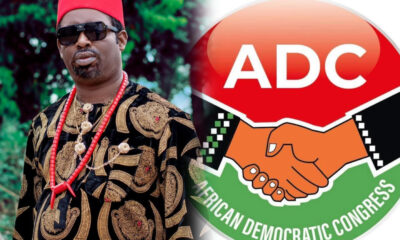
 POLITICS5 days ago
POLITICS5 days agoADC Chieftain Alleges Plot by APC to Hijack Party in Ebonyi, Vows Resistance
-

 ENTERTAINMENT4 days ago
ENTERTAINMENT4 days agoIyabo Ojo Addresses Police Invitation, Threats And Fire Outbreak, Clarifies Position On Mohbad’s Death
-

 TECH7 days ago
TECH7 days agoStep-by-Step Guide on How to Generate an e-affidavit for Change of Name, Loss of SIM, Declaration of Age and General Declarations
-

 NEWS3 days ago
NEWS3 days agoFoundation Conducts Outreach in Amaenyima, Settles Hospital Bills and Support
-
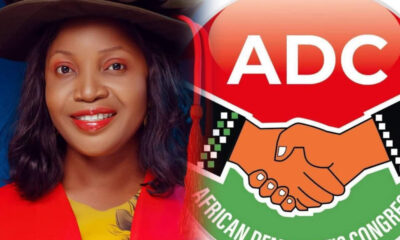
 POLITICS5 days ago
POLITICS5 days agoADC Confirms Jennifer Adibie as Ebonyi State Chairperson
-

 NEWS7 days ago
NEWS7 days ago“We Need Real Protection, Not Just Condoms” — Akure Sex Workers Mourn Colleague
-
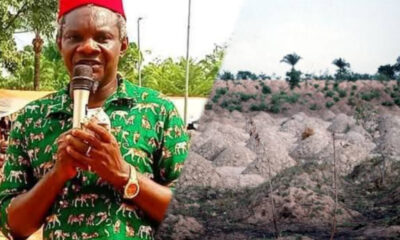
 FACT-CHECKS/INVESTIGATION3 days ago
FACT-CHECKS/INVESTIGATION3 days agoHow Federal Lawmaker, Ogah Snatches Village Land in Ebonyi
-

 NEWS3 days ago
NEWS3 days agoDeji Adeyanju Rewards Top Law School Graduates With N8m Cash Gift
-

 NEWS4 days ago
NEWS4 days ago95 Female Corps Members Receive Free Entrepreneurial Training In Lagos
-
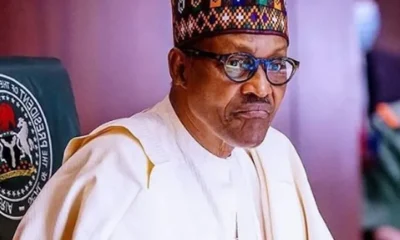
 EDITORIAL1 day ago
EDITORIAL1 day agoThe Life and Legacy of Muhammadu Buhari (1942–2025)
-
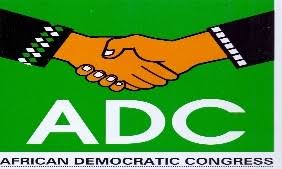
 POLITICS7 days ago
POLITICS7 days agoADC Ebonyi Summons Emergency State Executive Council Meeting
-

 NEWS2 days ago
NEWS2 days agoNicki Minaj Buys $25 Million Pink-Themed Private Jet, Sparks Celebration Online







